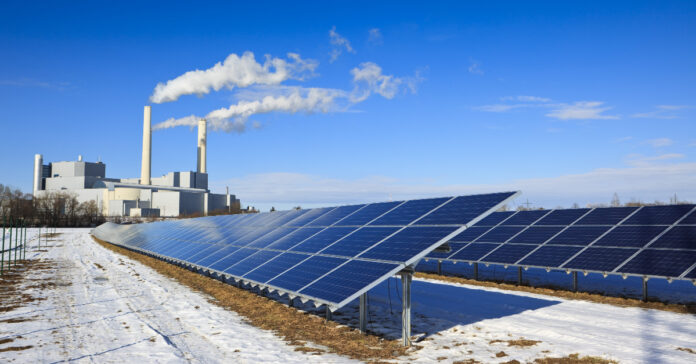According to a new IRENA analysis, over two-thirds of renewable electricity added in 2021 will be cheaper than the cheapest coal-fired choices in G20 countries.
Renewable energy costs continued to fall in 2021, as supply chain difficulties and increased commodity prices have yet to fully impact project costs. In comparison to 2020, the cost of electricity from onshore wind reduced by 15%, offshore wind by 13%, and solar PV by 13%.
The International Renewable Energy Agency (IRENA) today published Renewable Power Generation Prices in 2021, which indicates that over two-thirds of newly installed renewable power in 2021 had lower costs than the world’s lowest coal-fired option in the G20. Given current high fossil fuel prices, IRENA projects that adding renewable power in 2021 will save roughly USD 55 billion in global energy generation costs in 2022.
The latest analysis from IRENA confirms the crucial role that cost-competitive renewables play in tackling today’s energy and climate emergencies by speeding the transition in line with the Paris Agreement targets and the 1.5°C temperature limit. With their comparatively short project lead times, solar and wind energy are critical pillars in countries’ efforts to reduce, and eventually phase out, fossil fuels while limiting the macroeconomic damage they do in the pursuit of net zero.
“Renewables are by far the cheapest form of power today,” Francesco La Camera, Director-General of IRENA said. “2022 is a stark example of just how economically viable new renewable power generation has become. Renewable power frees economies from volatile fossil fuel prices and imports, curbs energy costs and enhances market resilience – even more so if today’s energy crunch continues.”
“While a temporary crisis response might be necessary in the current situation, excuses to soften climate goals will not hold mid-to-long-term. Today’s situation is a devastating reminder that renewables and energy saving are the future. With the COP27 in Egypt and COP28 in the UAE ahead, renewables provide governments with affordable energy to align with net zero and turn their climate promises into concrete action with real benefits for people on the ground,” he added.
Investments in renewables continue to pay huge dividends in 2022, as highlighted by IRENA’s costs data. In non-OECD countries, the 109 GW of renewable energy additions in 2021 that cost less than the cheapest new fossil fuel-fired option will reduce costs by at least USD 5.7 billion annually for the next 25-30 years.
High coal and fossil gas prices in 2021 and 2022 will also profoundly deteriorate the competitiveness of fossil fuels and make solar and wind even more attractive. With an unprecedented surge in European fossil gas prices for example, new fossil gas generation in Europe will increasingly become uneconomic over its lifetime, increasing the risk of stranded assets.


